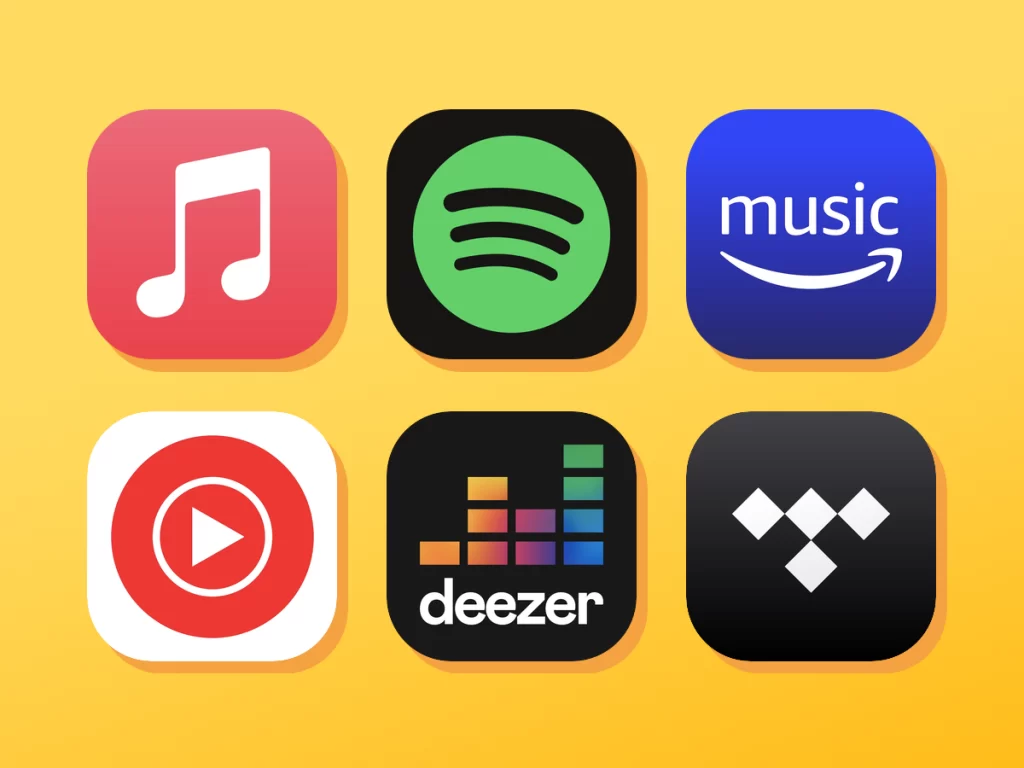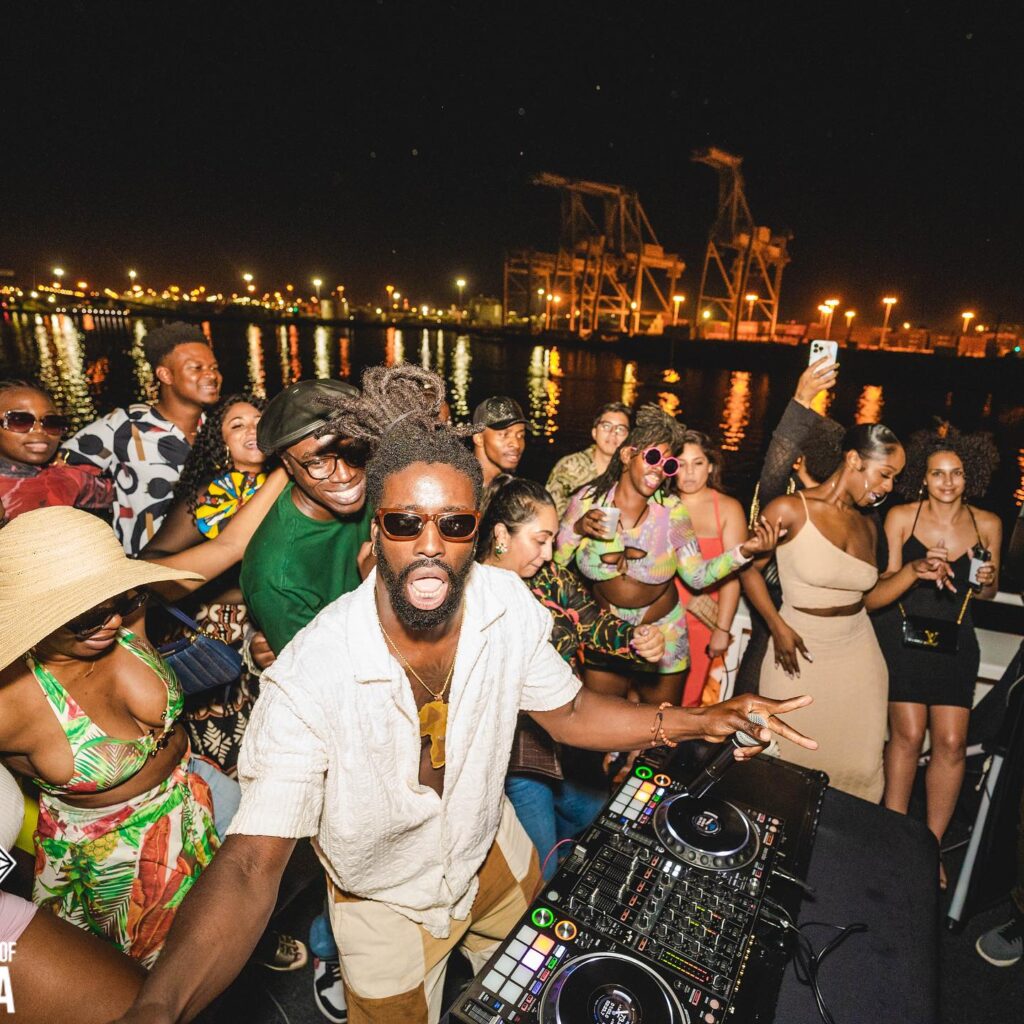The Global Impact of Nigerian Afrobeats: A Sonic Revolution
- Introduction
In recent years, a musical phenomenon has taken the world by storm – Nigerian Afrobeats. This genre, characterized by its infectious rhythms and eclectic fusion of sounds, has become a cultural export that transcends borders. The rise of Nigerian Afrobeats on the global stage signifies more than just a musical trend; it represents a sonic revolution that has captured the hearts of millions worldwide.
- The Roots of Afrobeats
Historical Background: Afrobeats has deep roots in the rich musical traditions of Africa. Originating in the late 20th century, it draws inspiration from traditional African music, incorporating indigenous rhythms and instruments. This fusion creates a unique sonic tapestry that sets Afrobeats apart.
Influences from Traditional African Music: The genre pays homage to its roots by embracing traditional African musical elements. Drum patterns, call-and-response vocals, and storytelling through music contribute to the genre’s authenticity.
Fusion of Various Music Genres: Afrobeats is not confined by musical boundaries. It seamlessly fuses elements of highlife, jazz, funk, and other genres, creating a vibrant and dynamic sound that appeals to a diverse global audience.
III. Afrobeats Icons and Pioneers
Fela Kuti: The Originator: The undisputed pioneer of Afrobeats is Fela Kuti. His socially conscious lyrics and politically charged music laid the foundation for the genre. Fela’s influence extends beyond music; he is a cultural icon who challenged societal norms through his art.
Contemporary Pioneers Shaping the Genre: Today, a new generation of artists continues Fela’s legacy. Wizkid, Burna Boy, and Tiwa Savage are among the trailblazers shaping the contemporary Afrobeats scene. Their global collaborations with artists from different genres have propelled Afrobeats onto the international stage.
Global Collaborations and Recognition: Afrobeats’ global impact is evident in the collaborations between Nigerian artists and international superstars. From Beyoncé to Drake, these partnerships not only elevate Afrobeats but also demonstrate its versatility and global appeal.

IV. The Sonic Revolution
Unique Elements of Afrobeats Sound: At the core of Afrobeats is its distinctive sound characterized by energetic beats, infectious melodies, and Afrocentric themes. The genre’s ability to blend traditional and modern elements creates a sonic experience that resonates with listeners globally.
Fusion with Global Music Trends: Afrobeats is not isolated; it adapts and evolves by incorporating global music trends. This fusion with elements of hip-hop, R&B, and dancehall has expanded its reach and made it accessible to a diverse audience.
Impact on Mainstream Music Worldwide: Afrobeats’ influence extends beyond niche markets. Its integration into mainstream music charts reflects a shift in global tastes. From dancefloors to radio waves, Afrobeats has become a staple in the world’s musical landscape.

V. Afrobeats’ Global Reach
International Artists Embracing Afrobeats: The allure of Afrobeats has attracted artists from around the world. Collaborations between African and international musicians showcase a cultural exchange that goes beyond music, fostering unity and understanding.
Afrobeats Festivals and Events Worldwide: The global popularity of Afrobeats is celebrated through festivals and events held on different continents. These gatherings not only showcase the genre but also serve as platforms for cultural exchange and appreciation.
Cultural Exchange Through Music: Afrobeats serves as a cultural ambassador, breaking down barriers and fostering connections between diverse communities. Its ability to unite people through music highlights the power of cultural exchange.
“Live for today, plan for tomorrow, party tonight, party tonight.”
― Drake
VI. Challenges and Opportunities
Maintaining Authenticity in a Global Context: As Afrobeats gains global recognition, there is a challenge to maintain its authenticity. Artists face the delicate task of staying true to their roots while embracing global influences.
Cultural Appropriation Concerns: The success of Afrobeats has led to concerns about cultural appropriation. Striking a balance between appreciation and appropriation is crucial to ensure that the genre’s cultural significance is respected.
Opportunities for Cultural Exchange and Understanding: Despite challenges, Afrobeats presents opportunities for cultural exchange and understanding. The genre serves as a bridge, fostering connections and promoting a deeper appreciation for African culture on a global scale.
VII. The Role of Social Media
Social Media’s Influence on Afrobeats’ Global Reach: In the digital age, social media has played a pivotal role in Afrobeats’ global reach. Platforms like Instagram, TikTok, and Twitter amplify the genre, creating viral trends that transcend borders.
Hashtag Trends and Challenges: Hashtags related to Afrobeats often trend globally, sparking challenges and dance crazes. These trends not only engage fans but also contribute to the genre’s visibility on social media platforms.
Fan Engagement and Community Building: Afrobeats has cultivated a dedicated online community. Fan engagement through social media fosters a sense of belonging and shared enthusiasm for the genre, creating a global Afrobeats community.
VIII. Afrobeat Dance Craze
Impact of Dance on the Popularity of Afrobeats: One of the driving forces behind Afrobeats’ global popularity is its infectious dance culture. The genre’s beats inspire unique dance styles that have become a global phenomenon. From the Shaku Shaku to the Zanku dance, these moves have taken dance floors by storm.

Global Dance Challenges and Trends: Social media platforms are ablaze with Afrobeats dance challenges. Influencers and celebrities worldwide participate, creating a viral ripple effect. The global adoption of Afrobeats dance trends contributes to the genre’s widespread recognition and appreciation.
Dance as a Cultural Expression: Beyond entertainment, Afrobeats dance is a cultural expression. It reflects the joy, vibrancy, and communal spirit embedded in African culture. The global embrace of these dances signifies a celebration of diversity and unity through movement.
- Afrobeats and the Music Industry
Influence on International Music Charts: Afrobeats has not only found a place on international music charts but has also reshaped them. Hits like “Joro” and “Ye” have made waves, challenging the dominance of Western genres and showcasing the genre’s global appeal.
Record Labels’ Interest in Afrobeats Artists: Major record labels are increasingly recognizing the potential of Afrobeats artists. This newfound interest brings both opportunities and challenges, as artists navigate the global music industry while preserving the authenticity of their craft.
Economic Impact on the Nigerian Music Industry: Afrobeats’ success has a ripple effect on the Nigerian music industry. The economic impact is evident in increased investments, international partnerships, and a boost to the local music ecosystem, creating a thriving industry.
X. The Future of Afrobeats
Emerging Artists and Trends: The future of Afrobeats looks promising with a new wave of emerging artists. These talents bring fresh perspectives and innovative sounds, ensuring the genre’s continuous evolution while maintaining its cultural essence.
Afrobeats as a Catalyst for African Music: Afrobeats has paved the way for a broader appreciation of African music. As it continues to gain global prominence, it acts as a catalyst, opening doors for other African genres and artists to make their mark on the world stage.
Potential Challenges and Opportunities: While Afrobeats faces challenges such as maintaining authenticity and navigating the global market, these challenges also present opportunities for growth, collaboration, and a deeper understanding of African culture.
XI. Conclusion
In conclusion, the global impact of Nigerian Afrobeats is nothing short of a sonic revolution. From its roots in traditional African music to the dance floors of the world, Afrobeats has transcended borders, creating a cultural bridge that unites people across continents. As the genre continues to evolve, it remains a testament to the power of music in fostering global connections.
Frequently Asked Questions (FAQs)
- Is Afrobeats only popular in Nigeria?
- No, Afrobeats has gained popularity globally, with a fan base spanning continents. Its influence extends far beyond Nigeria.
- How has social media contributed to the global reach of Afrobeats?
- Social media platforms have played a crucial role in amplifying Afrobeats’ visibility through viral challenges, hashtags, and fan engagement.
- What challenges do Afrobeats artists face in the international music industry?
- Afrobeats artists face challenges in maintaining authenticity while navigating cultural appropriation concerns and the demands of the global music market.
- Can Afrobeats dance be considered a cultural expression?
- Yes, Afrobeats dance is not just a form of entertainment; it is a cultural expression that reflects the joy and communal spirit embedded in African culture.
- How is Afrobeats impacting the economic landscape of the Nigerian music industry?
- Afrobeats’ success has led to increased investments, international partnerships, and overall growth in the Nigerian music industry, contributing to its economic prosperity.

Elevate your winter style with Ppleapp’s cozy collection. From snug sweaters to trendy outerwear, we’ve got you covered. Embrace the magic of the season – shop now and stay stylishly warm! visit our store at pple.app/store




